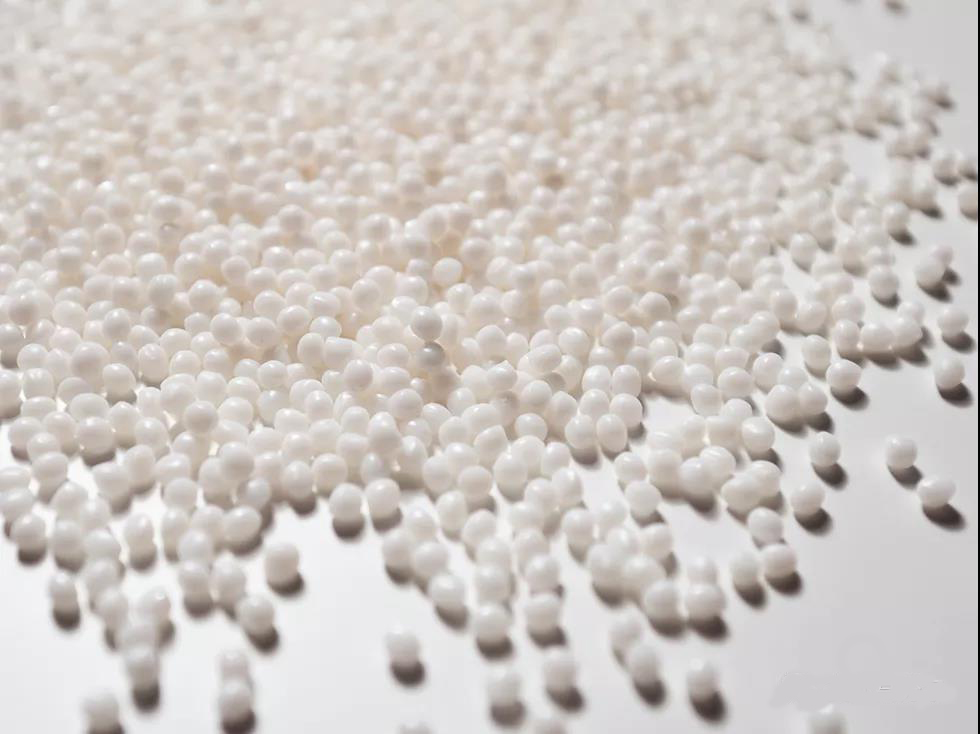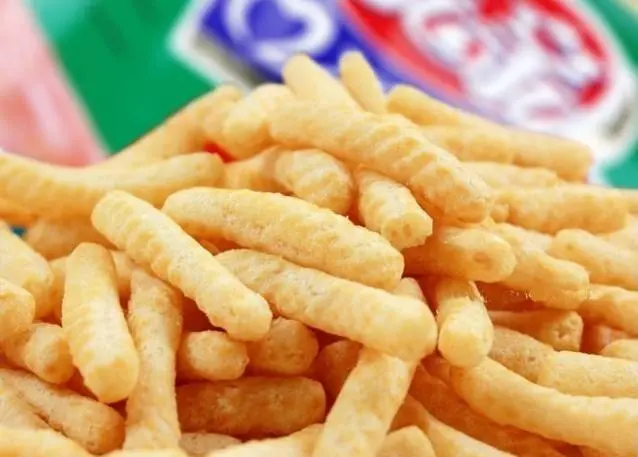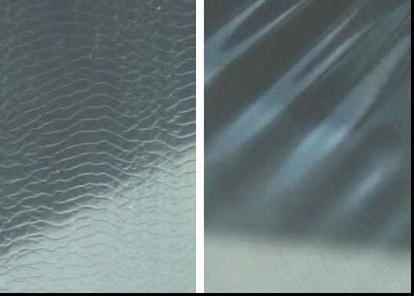
Compostable Copolyester PBAT
- Updated on January 21, 2022
The global certified compostable and bio-based plastics market is expected to grow at a rate of approximately 15% per year. Many countries are about to introduce new laws and regulations that mandate the use of compostable materials in packaging, agricultural mulch and bag applications. Therefore, the market is expected to continue to maintain a positive development momentum.
Olivier Ubrich, Head of BASF’s Global Specialty Polymers Business Unit, said: “After the successful introduction of ecoflex® biopolyester and innovative ecovio® products, BASF has a place in this growing market. The new capacity of PBAT will effectively consolidate our market position. They are committed to developing the Chinese market, has a good marketing network and a superior geographical location, and maintains good cooperative relations with BASF for a long time. Therefore, we have identified it as the preferred partner. Through this cooperation, both parties will more effectively meet customer needs and have higher delivery flexibility.”
Adhering to the development concept of “Materials make the planet better”, BASF has established the corporate vision of “Promoting the sustainable development of the new materials industry in an innovative and responsible manner”. President of New Materials Group said: “As a company with a strong sense of social responsibility, we are committed to providing the best help for upstream and downstream green industry chains and solving global environmental challenges. We are honored to cooperate with BASF to innovate manufacturing technology to deploy the most advanced new materials. As the internet further promotes the rapid development of advanced materials business opportunities (such as new online purchases), we will jointly develop China’s PBAT market and promote the development of the new materials industry.”
The BASF biopolymer ecoflex® was put on the market in 1998 and is certified as a compostable product according to the German standard DIN EN 13432 and the American standard ASTM D6400. This product can be mixed with other renewable raw materials to make BASF’s certified compostable bio-based polymer ecovio®.
ecovio® contains renewable raw materials and is also part of bio-based products. Typical uses of ecovio® are organic garbage bags, plastic wrap, fruit and vegetable bags, and agricultural mulch and food packaging. Studies have shown that ecovio® has advantages in production, packaging and shelf life, as well as food waste collection. These advantages come from the proven biodegradability of the material in industrial and household composting and soil: food waste is reduced, nutrients are returned to the soil through a larger amount of compost, avoiding the accumulation of plastic in the soil, thus forming a closed loop of nutrients and achieving recycling economic.
Leave us a comment below for a further discussion or contact us for further clarification.









